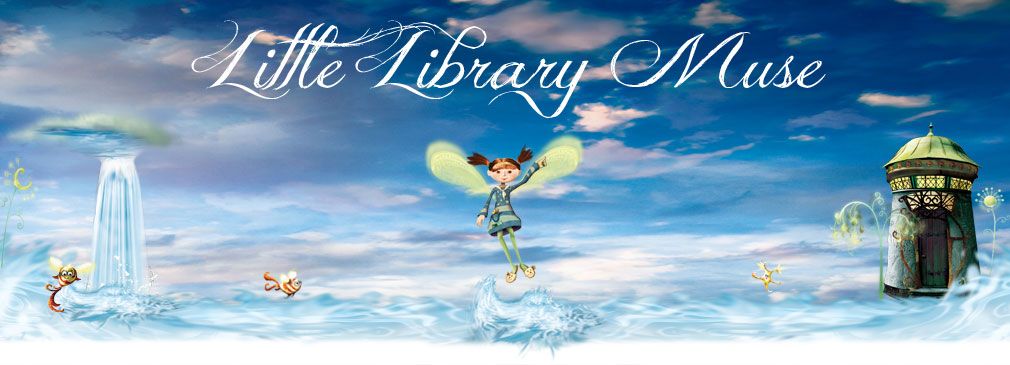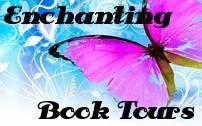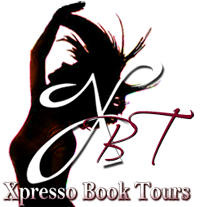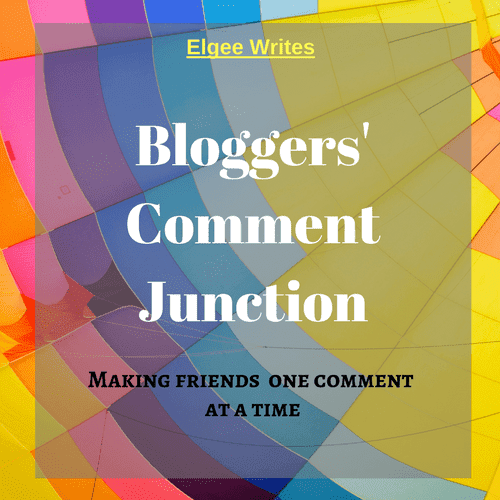 A Troubled Teen Sent to Cairo Finds Revolution is Everywhere, Including in Ourselves
When my first party ends in jail, I think things can’t possibly get worse. But then my parents send me to my grandmother in Cairo, and I’m sure my life is over. My sittu is Darth Vader’s evil sister, and I’m sure the only sites I’ll get to see in Egypt are the rooms in her apartment.
A Troubled Teen Sent to Cairo Finds Revolution is Everywhere, Including in Ourselves
When my first party ends in jail, I think things can’t possibly get worse. But then my parents send me to my grandmother in Cairo, and I’m sure my life is over. My sittu is Darth Vader’s evil sister, and I’m sure the only sites I’ll get to see in Egypt are the rooms in her apartment.Turns out she’s not so bad. We ride camels by the pyramids and ice skate at a mall.
As Sittu says, “Sometimes a moment can change your life.” But it can change the life of a country too. When a girl named Asmaa calls the people of Egypt to protest, I find myself in the middle of a revolution, running from tear gas and guns.
Oh yeah, and I meet the cutest guy I’ve ever seen. Fall in love for the first time. And have my first kiss.
LLM:What inspired you to write Rebels by Accident?
PD:There was a lot of inspiration for this book. I wanted to write a story that my son, Ali, an Egyptian-Muslim-American would feel proud of. It didn’t start off that way. I was in a writing class with Cassandra Medley, at Sarah Lawrence College; she’s an amazing teacher and playwright. Through a series of writing prompts, the voice of Mariam started to come through. Someone once said it was like I channeled her. And I must have, because I'd never have consciously written in the voice of a teenager. Teens are tough. Whenever I tried to go back to a more adult narrator, Mariam kept fighting her way through and winning. But my biggest inspiration was the Egyptian people, especially the youth. Their courage and determination to fight for a true democracy, where peace and justice go hand in hand, is a story that continues to inspire me.
LLM:How much of the book is realistic?
PD:The characters are fictional but they are composites of people I know and have known. I tried to keep the historical events of what happened in the early days of the revolution as true as possible.
LLM:What was the most difficult part of writing this book?
PD:I wanted to write a book about revolution, especially the kind that happens inside us. This is a story about transformation and identity and a whole lot of big fancy themes, but I didn't want people to feel like they were reading a newspaper or a textbook. I want readers to learn about Mariam and her experiences as an Egyptian-American teen who is sent off to Cairo, which to her is really a foreign country even though it's where her people are from. Mostly, I wanted to write a story that people, teens especially, would get caught up in on an emotional level. Yes, I want my readers to laugh and cry and laugh some more. The most difficult part of writing the book is just trying to do everything and then know when it's time to stop revising, and give it over to the readers.
LLM:What was your favorite scene to write and why?
PD:I have several favorite scenes, but my favorite, favorite is the scene where Mariam and her grandmother are sitting on the grandmother's porch and watching the traffic circle outside. It's something I did often with my in-laws when I was in Egypt, and it's also in this scene where Mariam for the first time really sees her grandmother for who she really is - one cool lady. It's also one of the first moments in the book where Mariam begins to feel proud of who she is and where she comes from.
LLM:How important is it for writers to raise social, racial, and political issues in youth literature?
PD:I think it's extremely important, not just in youth literature, but in all literature. I know how books changed my life when I was a kid. A grew up in a small town called the Bronx. Yes, it was technically New York City, but most of the people in my neighborhood didn’t venture far from our neighborhood, and it was through books that I learned about a whole world filled with people who were both like the people I knew, and also very different. Reading changed my life. It was why I wanted to write and tell stories, but also to travel the world to hear other people's stories. Still, the books that I loved the most as a kid like the Diary of Anne Frank or Go Ask Alice, or The Outsiders, or Escape from Warsaw, or The Sun Also Rises, or the Scarlet Letter, Othello, Catcher in the Rye, Animal Farm, 1984.... the list goes on,, raised social, and racial and political issues, but that's not why I read them. Why I loved these books is that I fell in love with the characters. I learned about many things but I read because I felt invested in the characters lives. I had to know how their stories ended. Yes, I think it's important for writers to raise questions about the world we live, but I think what's most important is that the writer writes a good story.
LLM:What kind of research did you do for this book?
PD:I've been to Egypt many times, so I could visualize a lot of the places I was writing about. But to get the events and the feel for a lot of the scenes at Tahrir square, I spent hours looking at YouTube videos and reading posts on Facebook and Twitter and asking everyone I knew who was there or who had family there at the time. I also had many readers looking over the book and helping with fact checking. When it came to some of the Arabic translations, I made sure that these were checked and rechecked. I really tried to make sure that the transliteration was true to the way things are said in Egypt as opposed to other Arabic speaking countries. For example, in Egypt a th sound is used in a lot of words whereas they're not used in other Arabic speaking countries. Oh, and I also talked to as many teenagers as I could to get a sense of what felt believable. I was constantly reading sections to my son and asking, "Does this sound like something a teen would say?" Or would your friends do this? Or would they do that? Then there was all the research around social media. It was amazing to me how the youth in Egypt were not only using Facebook to share news about fashion or friends but they were using Facebook to organize, to change the world.
LLM:What do you when you're not writing?
PD:Well, do you have a few hours? I do a lot but I'm always thinking about how I should be writing or when am I going to find time to write. Yes, no matter what, writers are always thinking about writing. Also, I love hanging out with my son and trying to understand his teen world. I now know all about Bronycon. I also love taking long walks with my two-year old cavapoo. And a lot of time is spent with my family. I have a big family, lots of nieces and nephews, so there's lots of celebrating. And thanks to the wonderful man I've been dating for about a year now, I get to see a lot of live music. Something I never did much of when I was a teenager, well, I did get to see Kiss in concert when I was twelve. The great thing also is that most of the musicians we see aren't famous. They are people who play in small clubs for not much money at all, if any, because they love it. Or like many of us who write, they have no choice. It's a passion. And I also teach writing at Sarah Lawrence college and, with my great friend and business partner, Alexandra Soiseth, I'm working with other writers to help get their books out in the world.
LLM:Any new projects coming up soon?
PD:I have a few books that I'm working on. Stories I'm trying to mold and structure. One is realistic fiction and the other is totally fantastical non-fiction. Yes, sometimes “real life” is stranger than fiction.
LLM:What's your favorite place to visit?
PD:I have traveled around the world and around this country and there are many places I'd love to go to again, but I don't have any one favorite place. I think my favorite place is always when I'm in a situation where I'm able to get to know people in a real way. Talk about life and share a lot of laughs, a few tears, and a lot more laughs. This could be in a cafe in Lebanon or in a diner in Stamford, CT.
LLM:What is the question that you wish interviewers would ask, and the answer to that question?
PD:If writing is so hard, why do it? Answer: Well, because I don't have a choice. It's just who I am. There is a second part to this question--It can take years to write a book, how do you keep going? You find other writers who understand you and your work. And you never let them go. Yes, get yourself into a writer's support group, and not just people who will give you honest feedback on your work, though that's important, but writers who care enough about you and believe in your work so much that when you can't hold the faith, they will hold it for you, and when you are so fed-up and frustrated that you throw your laptop out the window, these friends are there ready to catch it.
About the Author

Patricia Dunn’s debut novel, Rebels By Accident (Aug. 16, 2012, Alikai Press) tells the story of a troubled teen sent to Cairo who finds revolution is everywhere, including in ourselves.
Dunn was the managing editor of Muslimwakeup.com, America’s most popular Muslim online magazine from 2003-2008. She has an MFA in creative writing from Sarah Lawrence College where she also teaches.
Her writing has appeared in Global City Review, where she edited the post-9-11 International Issue. Salon.com, Women’s eNews, The Christian Science Monitor, The Village Voice, The Nation, L.A. Weekly and other publications have featured her writing.
Her work is anthologized in Stories of Illness and Healing: Women Write Their Bodies, from Kent State University Press (2006); Progressive Muslim Identities: Personal Stories From the U.S. and Canada, Muslim Progressive Values; and most recently in the bestselling anthology, Love, InshAllah: The Secret Love Lives of American Muslim Women, Soft Skull Press. She is featured on WISE Muslim Women.
Dunn was raised in the Bronx, became a political activist while living in Los Angeles, has
traveled throughout the Middle East, and lived in Jordan and Egypt before settling back down in New York where she lives with her teenage son and her toddler dog.
Website|Twitter| Facebook













You have done a lot of author interviews, and I feel like this one was different. Like I really got to know the author who was honest and totally down to earth. I love that she checked and re-checked facts and did research to make the book as correct as possible. Thanks for the interview! I enjoyed reading it, and I hope to check out the book and other books she writes. I'm really interested in the fantastical non-fiction book!
ReplyDeleteI can't wait to read the book!
ReplyDelete